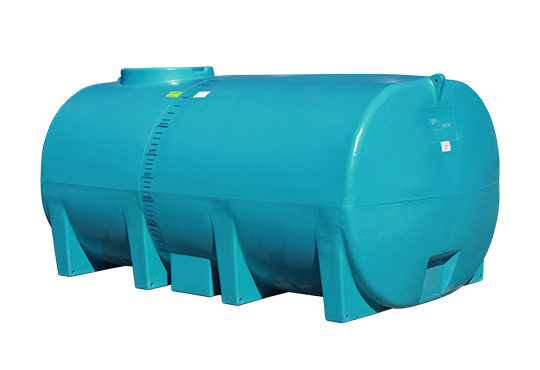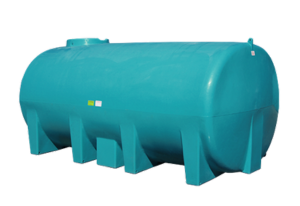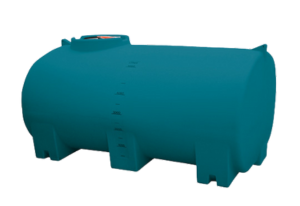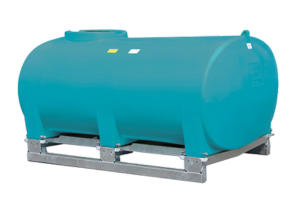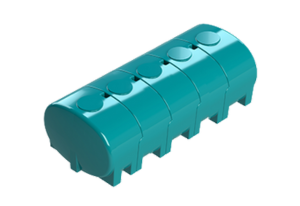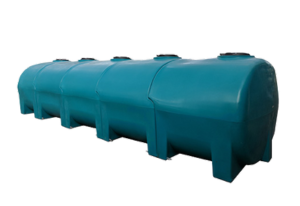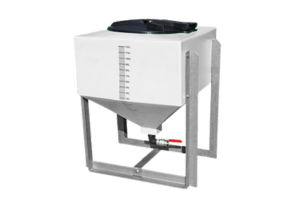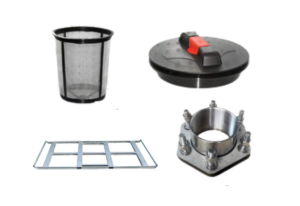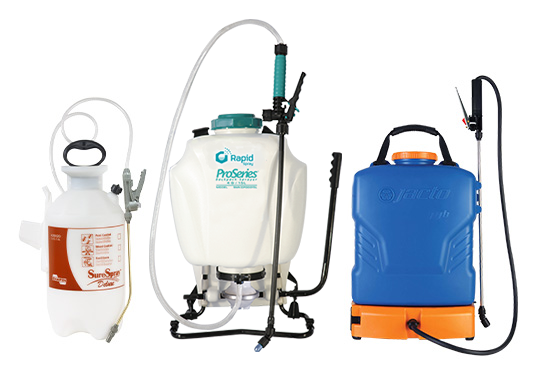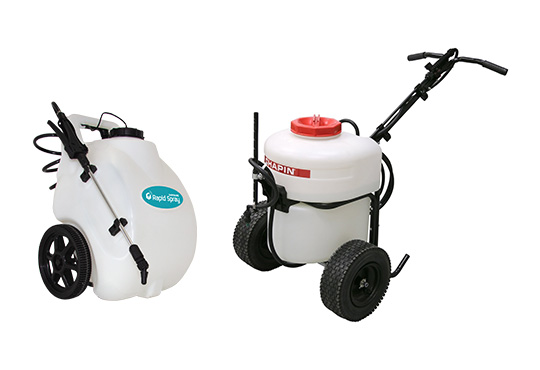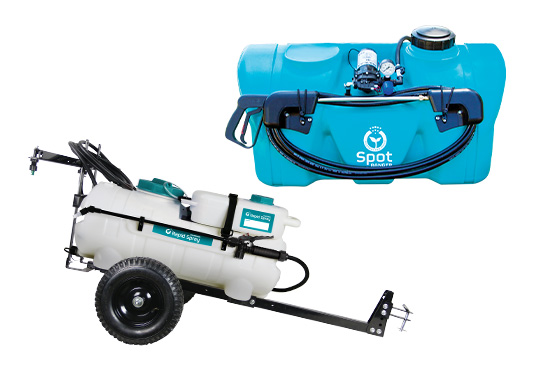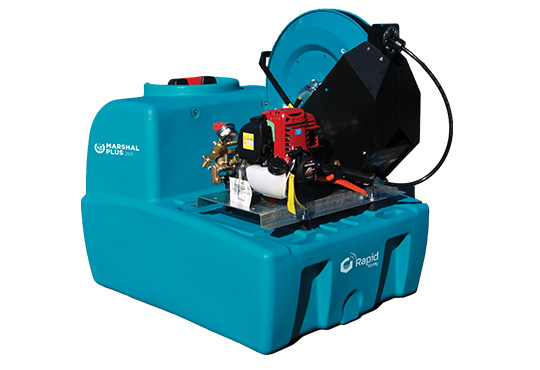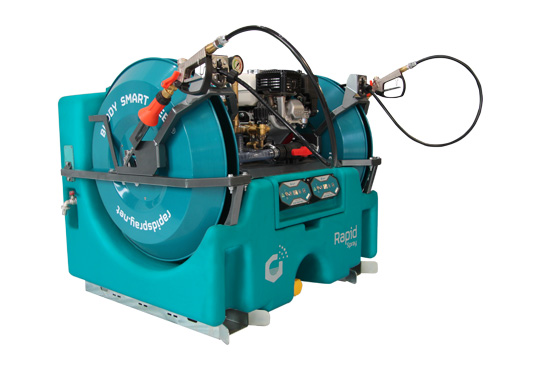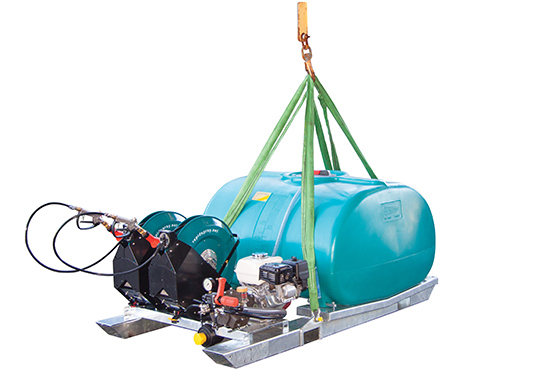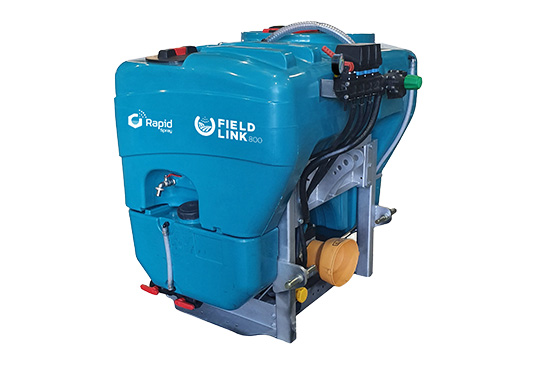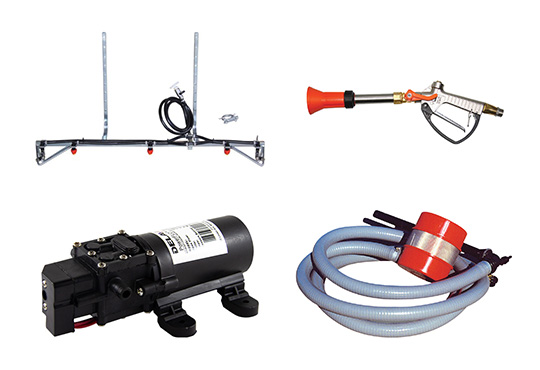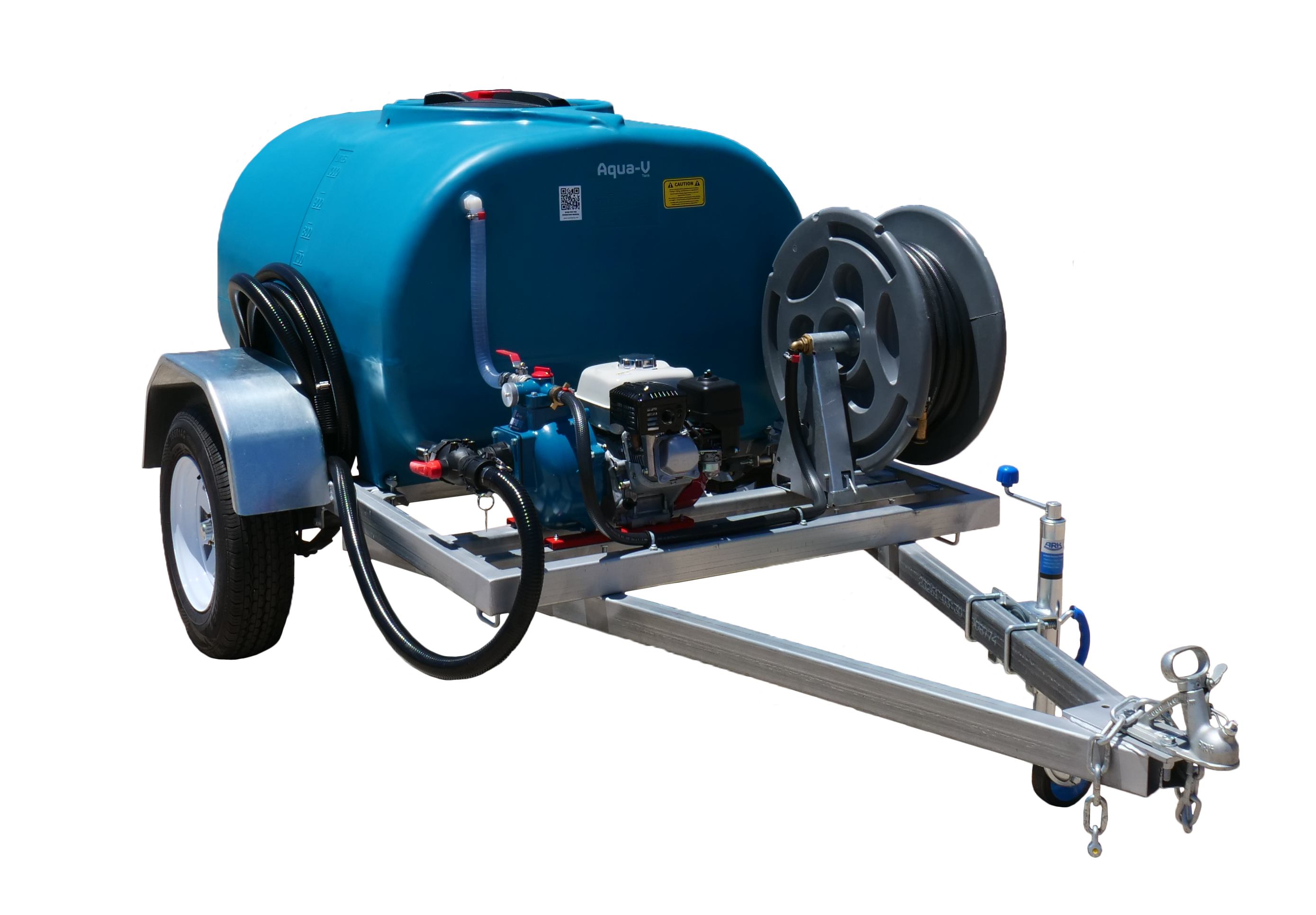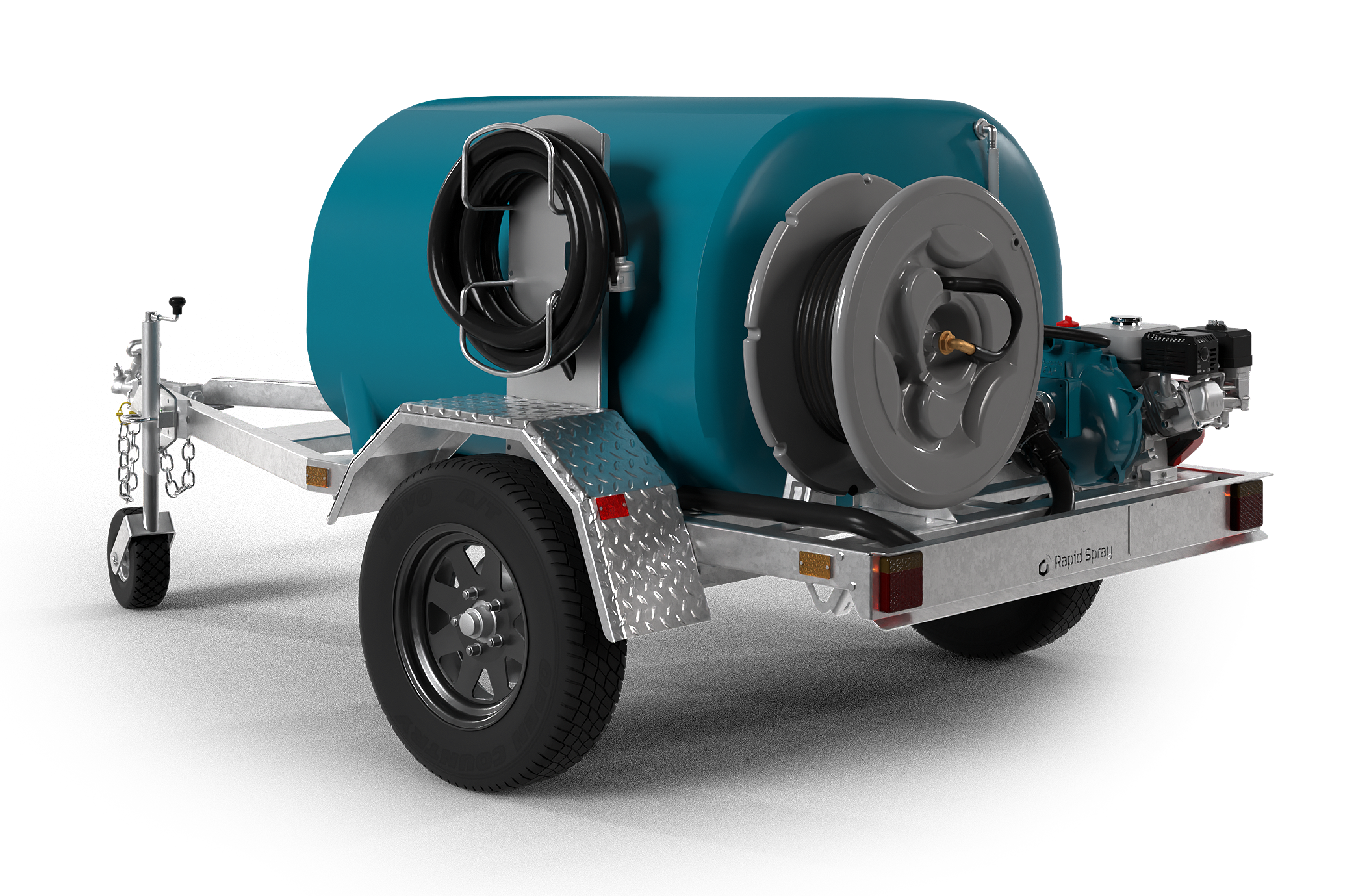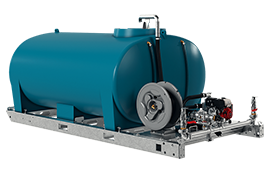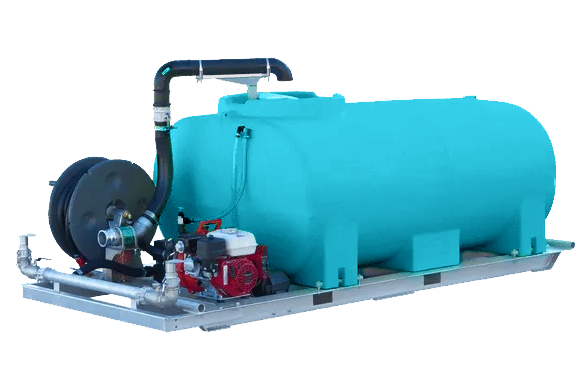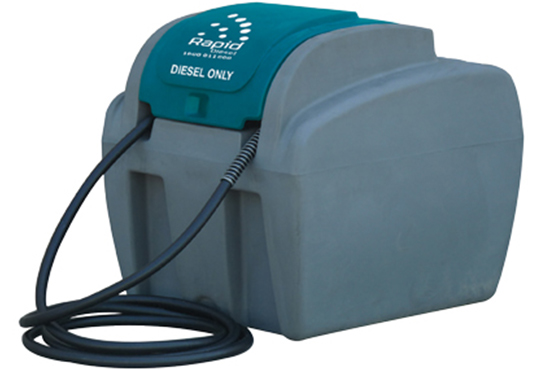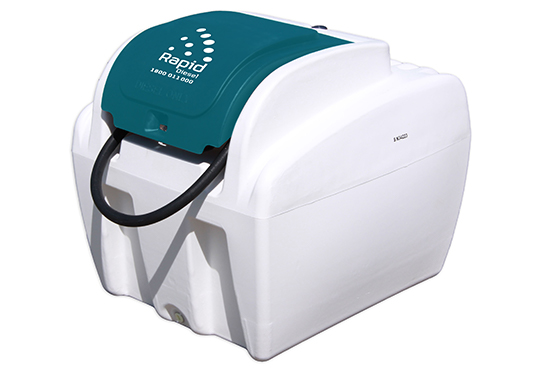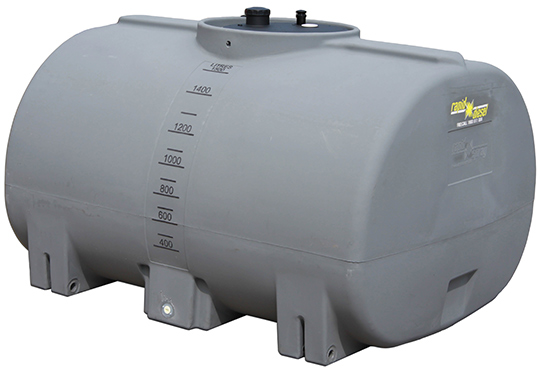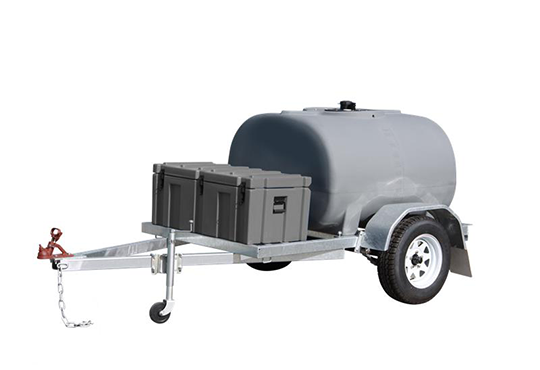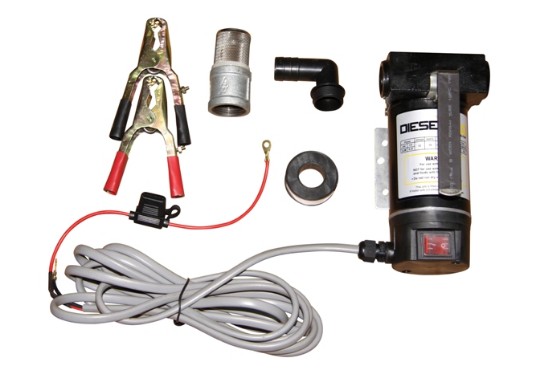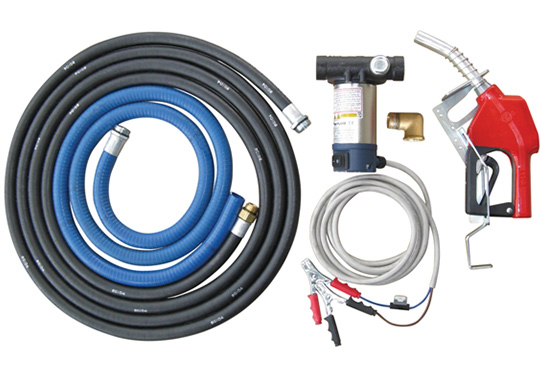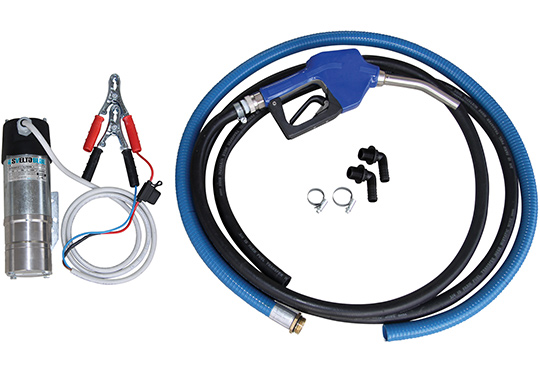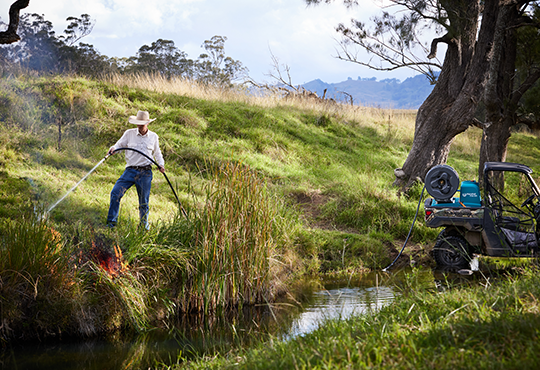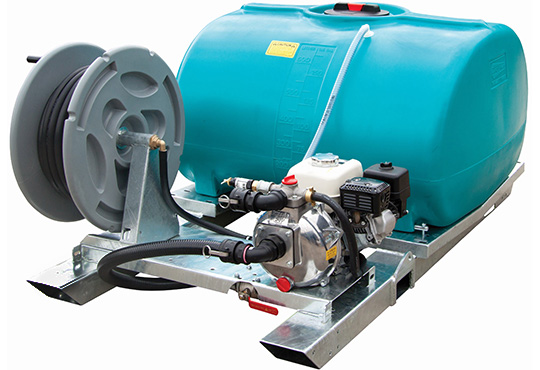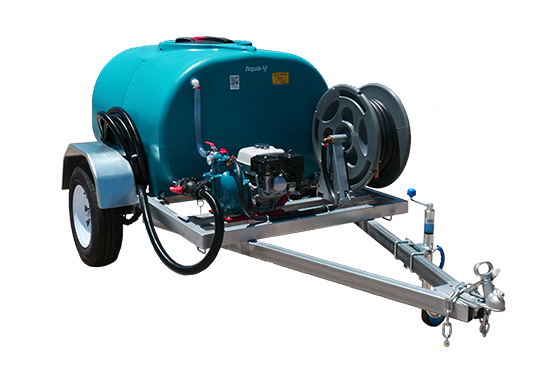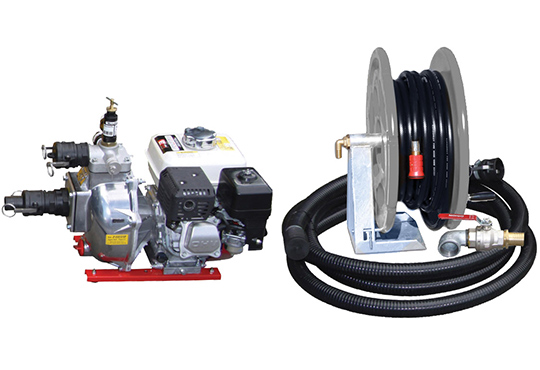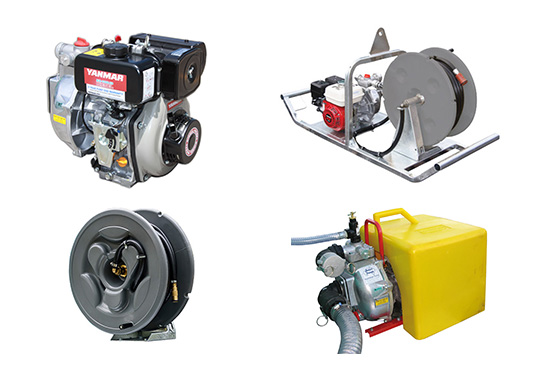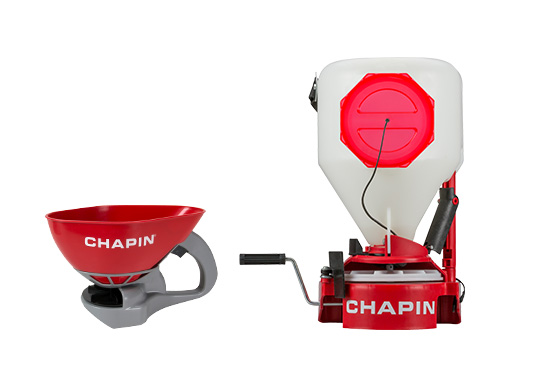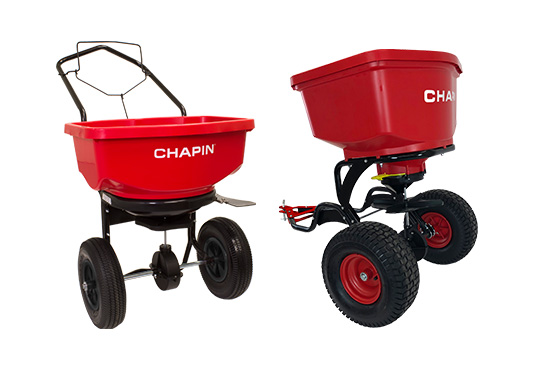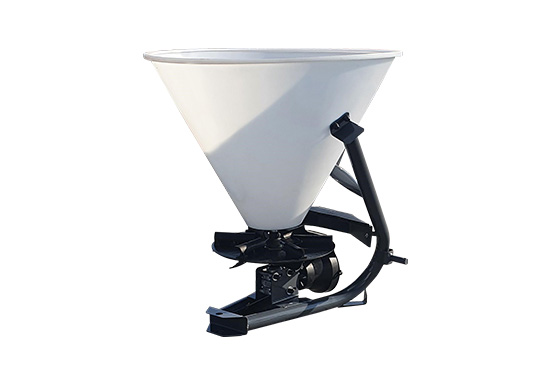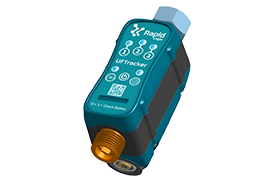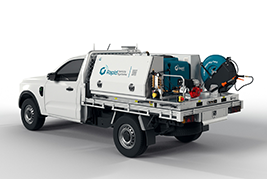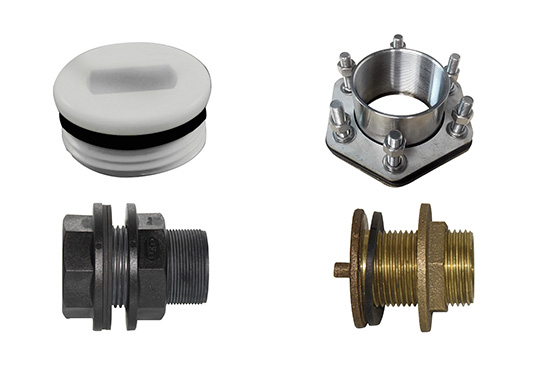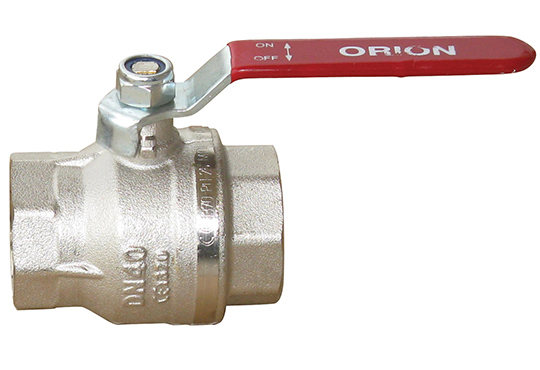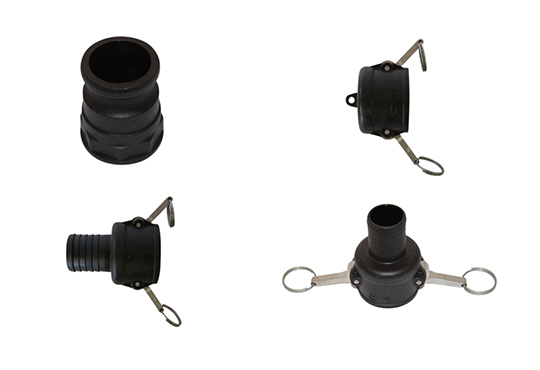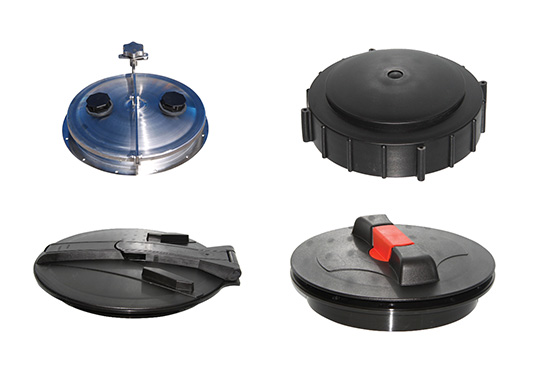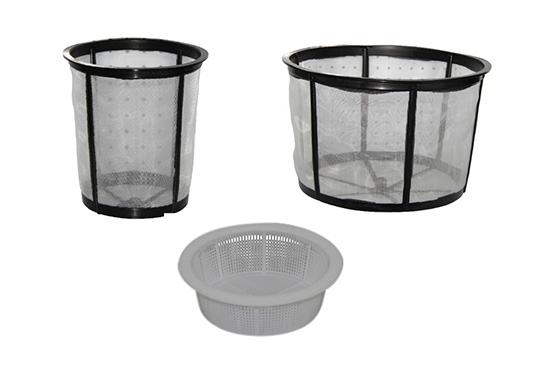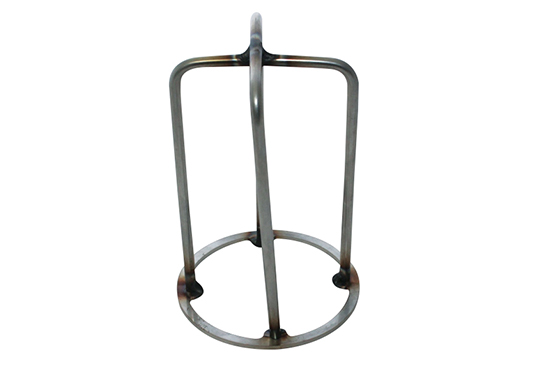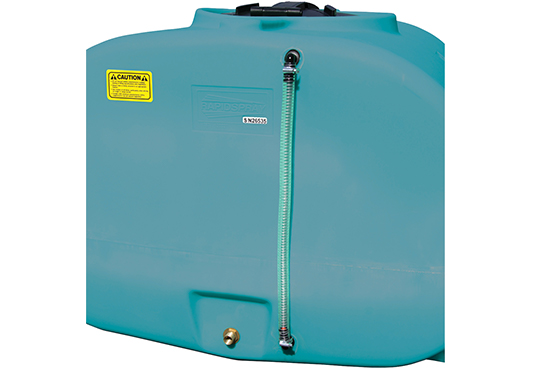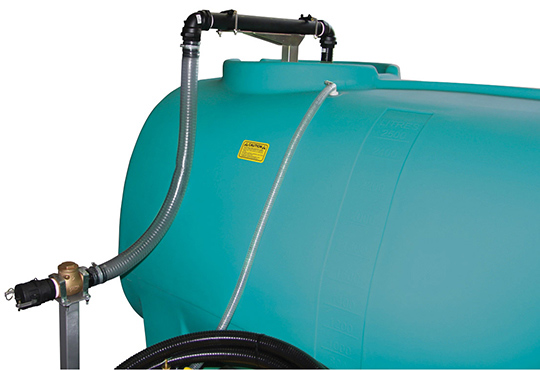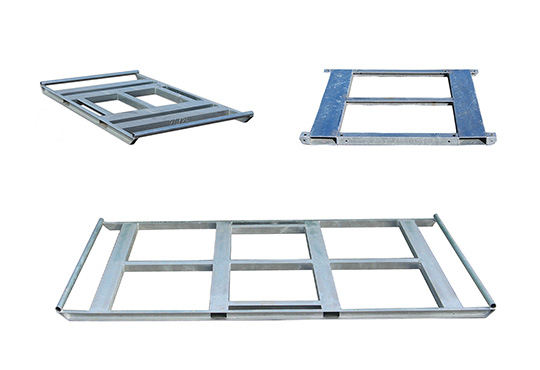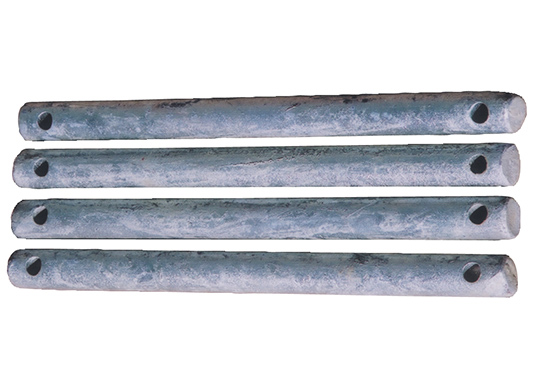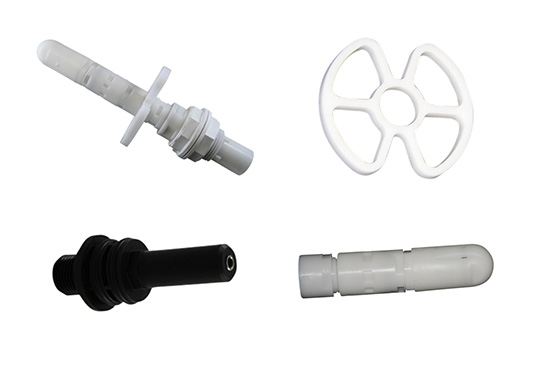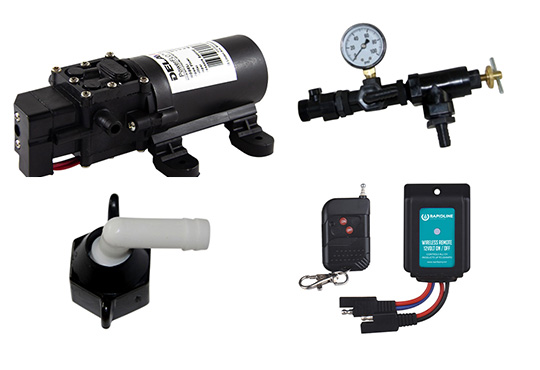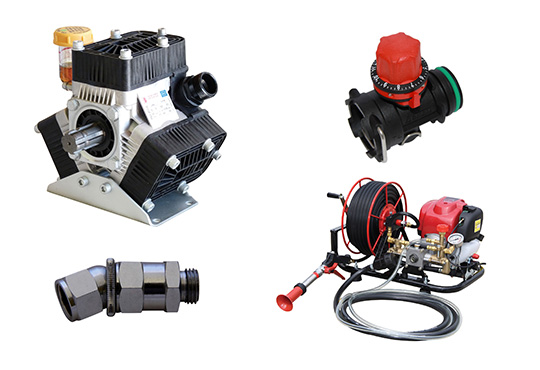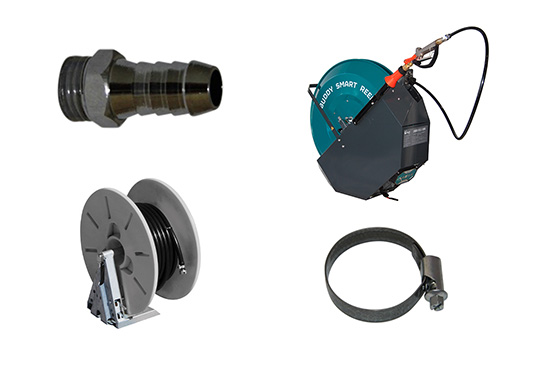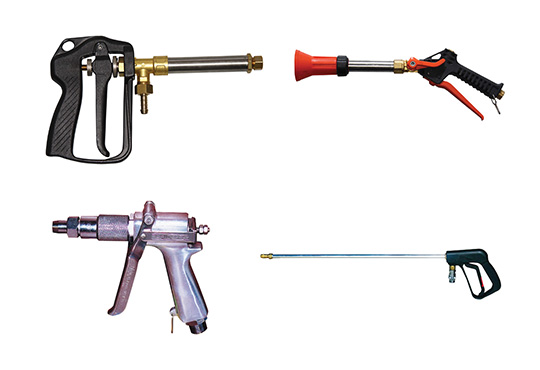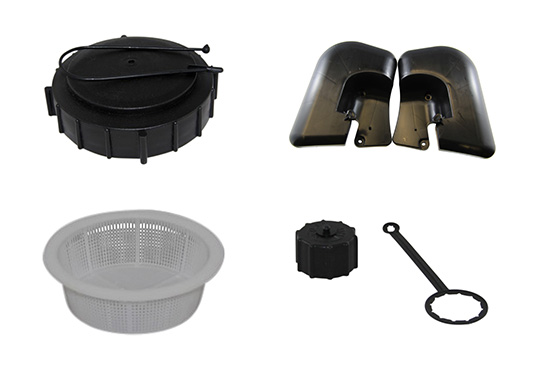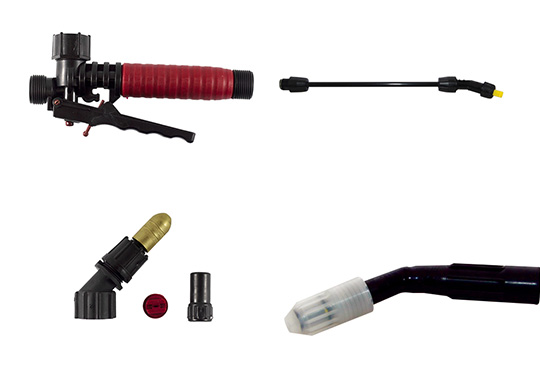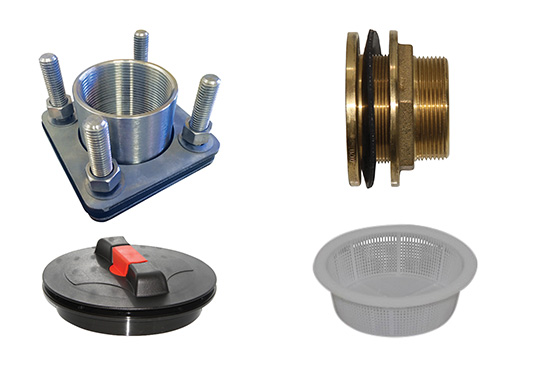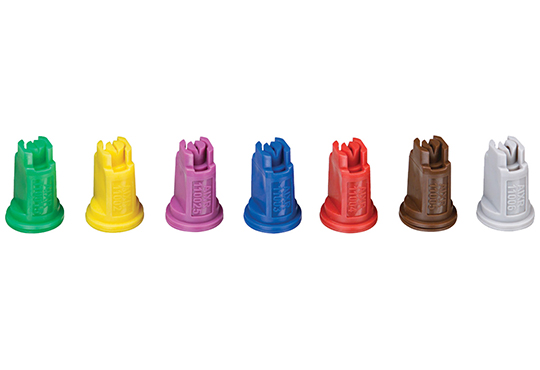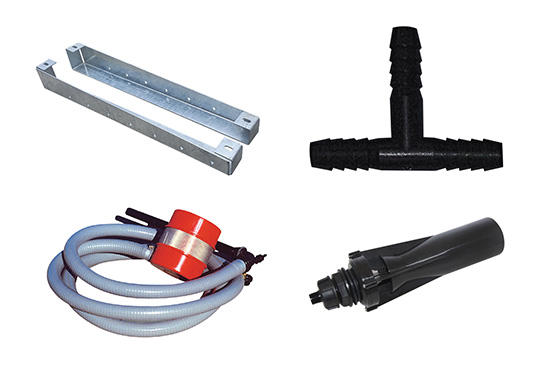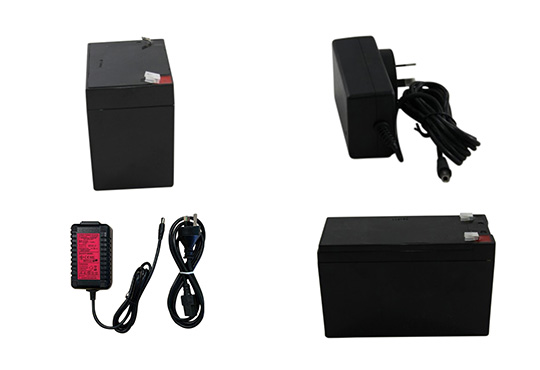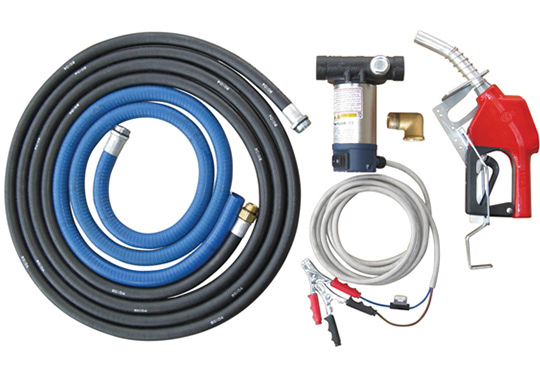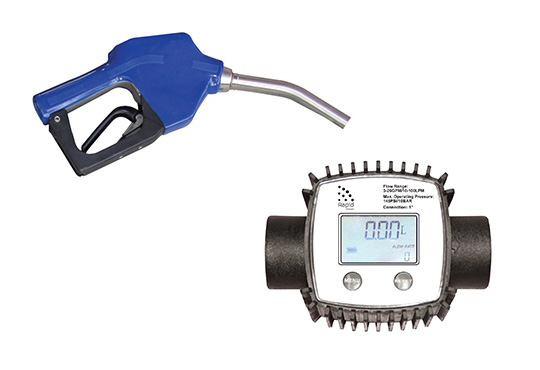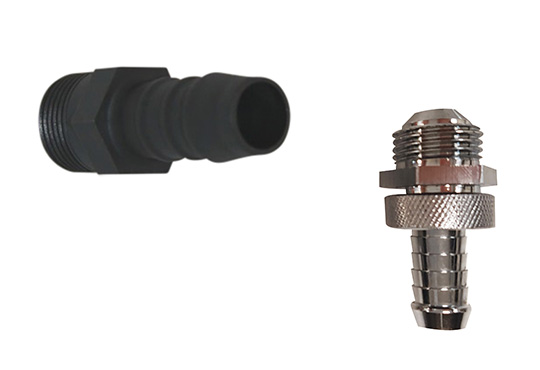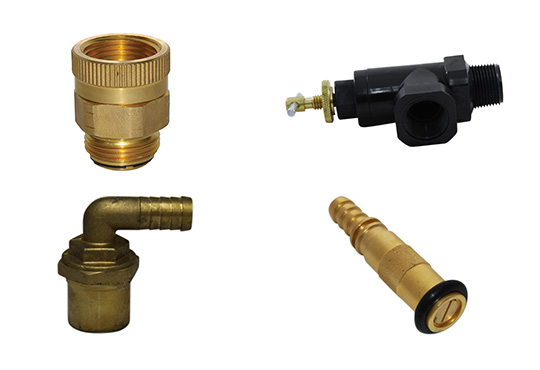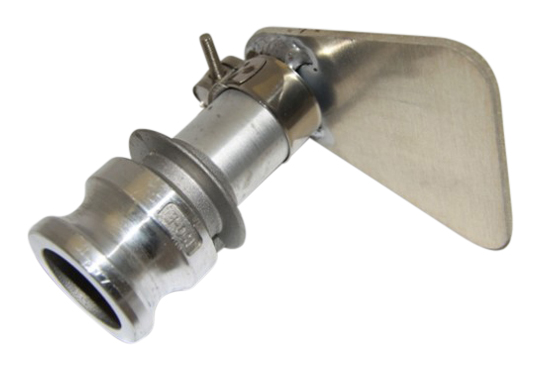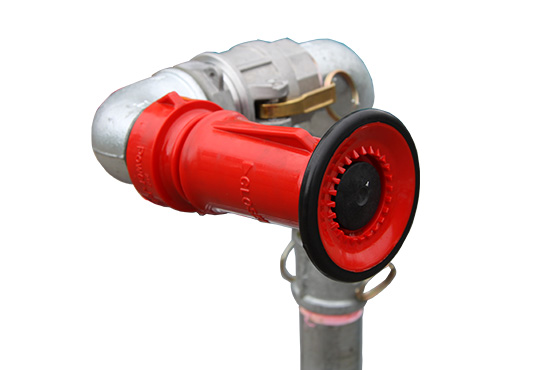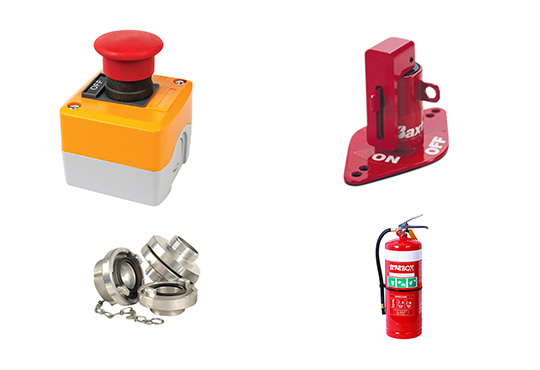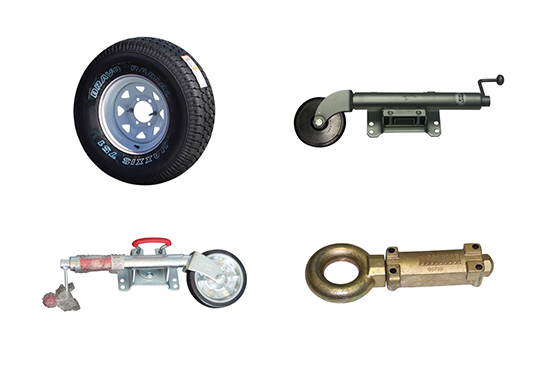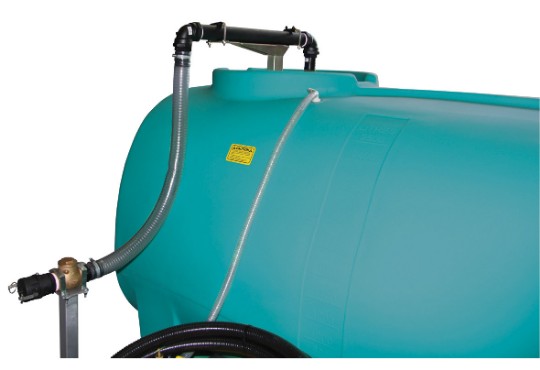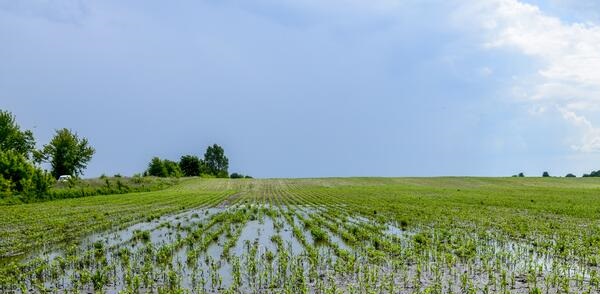
After the last 12 months of wet weather and devastating floods, it’s easy to say everyone is looking forward to warm, dry weather. Unfortunately, while the weatherman is saying otherwise for the coming months, there will be some sunny days which brings the potential for not only a sudden influx of weeds, but also the bio-security of your properties may be at risk with the influx of new weeds coming in from the flood waters.
HOW WILL FLOODING IMPACT WEED SEED MOVEMENT AND DISPERSAL?
This question may be at the bottom of the most farmers problematic list as spring rolls around, however the importance of it lies in the inevitable warm weather that will come with the possible elevated diverse weed seed emergence in some fields due to flooding. Producers that farm areas next to rivers/flood zones will see this more than others. For example, those who farm next to rivers may see thistles and different types of weeds from other regions due to the seed movement down the river as it floods and then recedes.
The flooding that is occurring from continuous rains may cause seeds of various weeds that are on the soil surface or eroded soil to move, in some cases, possibly long distances. The current flooding situation this spring may increase the number of problematic weeds in those flooded areas. Weed seeds such as Sticky nightshade, Parkinsonia (Jerusalem thorn), Mesquite and many other commonly found weeds are easily moved by water.
WHEN CROPS ARE DAMAGED
Prolonged flooding usually kills or seriously injures the crop, providing little yield to harvest. In this case, it’s important to prevent weeds from going to seed and becoming a worse problem the next year through the use of tillage or chemical application. Again, note new weed species, and make a field map of the weeds to plan next year’s weed control program.
Mechanically tilling will destroy weeds. It will also help aerate the soil if wet. Applying non-selective, non-residual herbicides may be a good option if the soil is too wet to work mechanically. Repeat either tillage or chemical application to control successive flushes of weeds so no weed seed will be produced.
STEPS TO TAKE AFTER THE WATER RECEDES
The first step to take after the water recedes is to check your fields and look for new plant growth. After the field has been accessed, a weed control plan needs to be found and initiated. Checking fields/pasture for weeds is always good practice that will pay dividends later. Scouting fields for weeds helps to determine what weed control measures need to take place before the cash crop is planted or drilled or animals returned to pasture, and what may need to be done later in the growing season. The areas where flooding was extensive may need to be checked thoroughly for new weeds not only that were introduced into your property, and but increased growth of common weeds.
As a side note, it is hard to think, but there may be benefits to flooding in a heavy weed growth area. This is caused by the excess water forcing the oxygen out of the soil, which causes the plant to die or drown due to the lack of oxygen.
WEED CONTROL WITH WET FIELDS?
Possibly the most common comment heard at the moment is “can’t get onto my fields, it’s too wet”. With the need for weed control still a paramount, it might be worth considering alternative methods of weed spraying such as the new drone spraying as contracted by OzTech Drones or even using helicopters. Please note this is for widespread weed control, not targeted spot spraying.
Other methods include ensuring your ground spraying equipment is best equipped to deal with the soggy land such as getting out of the heavy utes and into lighter weight UTV/ side-by sides. Adding the lightweight, compact Marshal or SprayScout sprayers into the back will help getting to those hard to reach, soggy places.
TALK TO YOUR LOCAL AGRONOMIST/WEED SPECIALIST
Before taking any steps with weed control, especially with the potentially new species of weeds on your farm, make sure to speak to your local agronomist and / or weed specialist to determine the correct weed control measures.
For further information on weed control in your state, visit the below links:
- ACT: https://www.environment.act.gov.au/parks-conservation/plants-and-animals/biosecurity/invasive-plants
- NSW: https://www.dpi.nsw.gov.au/biosecurity/weeds
- NT: https://nt.gov.au/environment/weeds
- SA: https://pir.sa.gov.au/biosecurity/weeds
- TAS: https://nre.tas.gov.au/invasive-species/weeds
- VIC: https://agriculture.vic.gov.au/biosecurity/weeds
- WA: https://www.agric.wa.gov.au/pests-weeds-diseases/weeds
To find out more on how to prepare for this excessively wet spring and how you can help save time and money in the fight against spring weeds caused by flooding, contact us or call Rapid Spray on 1800 011 000 and speak to a member of the team.




